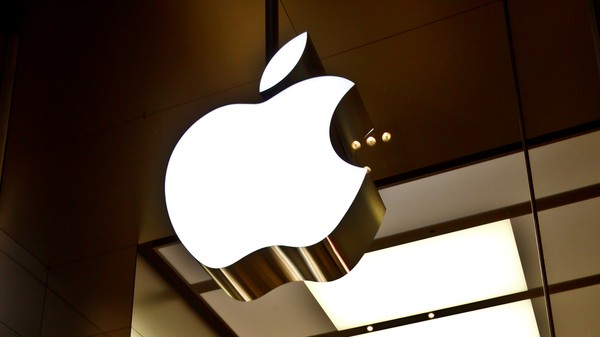
What's rotting Apple?
I'm not an investor or financial analyst. But I do have a measure of commonsense. Lots of people are asking about Apple's falling stock price and why it is. You don't need a MBA or ponder price-earnings ratios to, by commonsense, see what's happening. Apple is undergoing a long-overdue course correction. It's the new normal, baby, get used to it.
Analysts making wild-eyed predictions just months ago about $1,000 a share or bloggers banging keyboards about $1 billion market capitalization are nutty fruitcakes. Apple cofounder Steve Jobs is gone, so they made their own Kool-Aid and spiked it. They're the only thing getting high here. Apple is laid low.
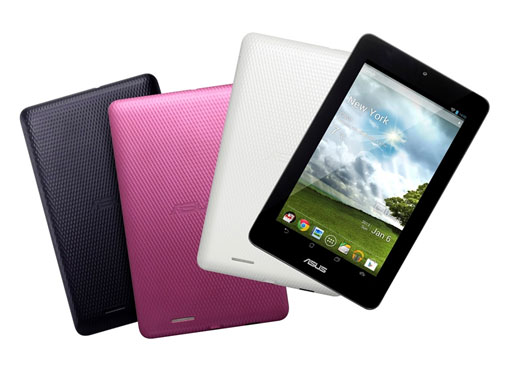
ASUS announces the MeMO Pad, a 7-inch Jelly Bean tablet for $149
ASUS waited until after CES to take the wraps off its MeMo Pad, and what it lacks in specs the Nexus 7 lookalike makes up for in price. With a wallet-friendly MSRP of $149, the MeMo Pad runs Android 4.1 Jelly Bean and is powered by a 1GHz VIA WM8950 CPU and Mali-400 GPU.
The device sports a 10-point multi-touch LED-backlit display with 1024 by 600 resolution, 8 or 16GB of internal storage, and a microSD card slot which will let you boost capacity by an additional 32GB.
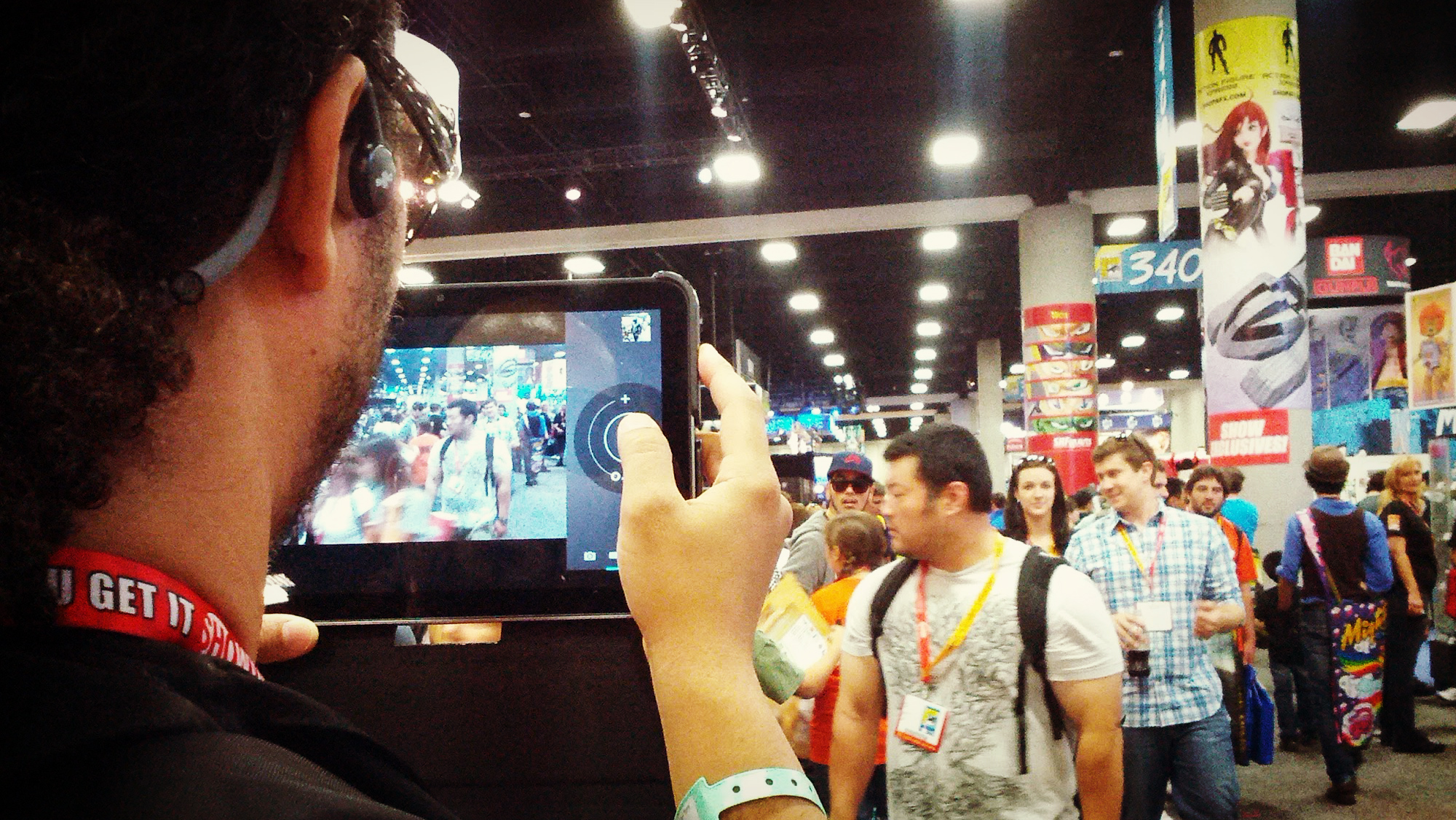
Which size tablet is right for you?
There is no shortage of new tablets being announced at this week's Consumer Electronics Show -- Acer Iconia B1-A71, Polaroid M7 and M10 and VIZIO 11.6" Tablet PC, among many others. Meanwhile, NPD DisplaySearch forecasts that global tablet shipments will surpass notebooks this year. But what's interesting is a dramatic shift in size preference, which is why I want to know: Which is right for you?
DisplaySearch predicts that tablets with 7-to-8 inch screens will overwhelmingly dominate the market, with 45 percent share. Meanwhile, 9.7 inches -- the size Apple popularized with iPad -- will fall to just 17 percent share. Yet many of the slates debuting at CES are in the larger categories, typically between 10.1 and 11.6 inches. Does size really matter that much, and is smaller better?
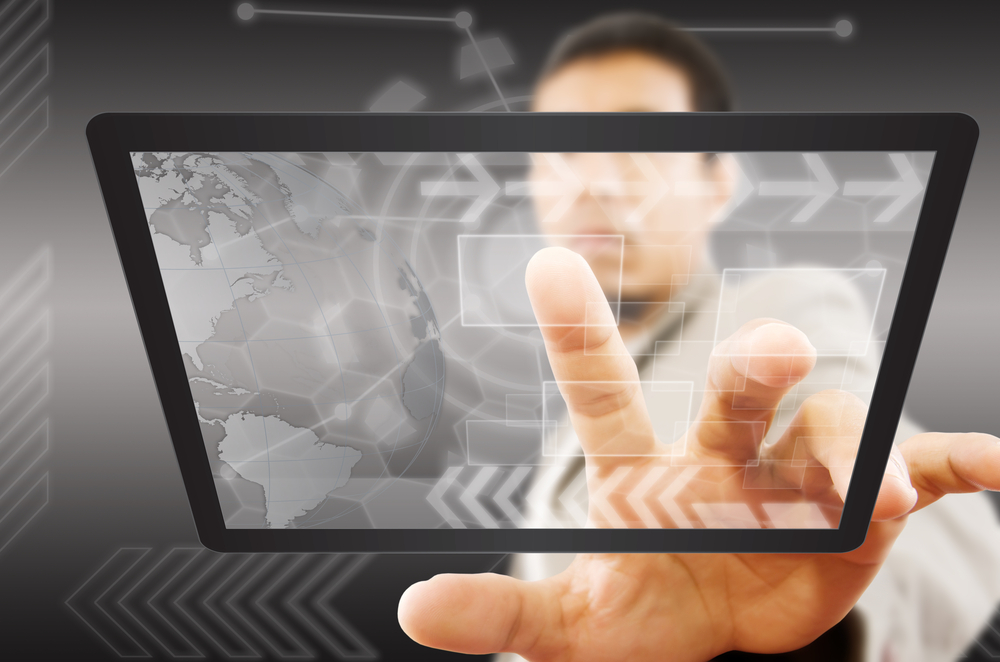
Holy post-PC era! Tablet shipments will surpass laptops this year
Quick, send a load of Valium to Intel and Microsoft executives! Gasp -- to Apple, too. Today NPD DisplaySearch forecasts that tablet shipments will exceed notebooks in 2013, globally. But in China and the United States, the milestone passed last year.
About 18 months ago, analysts started the smartphone-shipments-are-greater-than-PCs meme, which I didn't take too seriously. The market dynamics are different and handsets' functionally don't replace personal computers. Tablets are a whole other matter, because they can do just that. The category's rise over laptops is hugely significant.
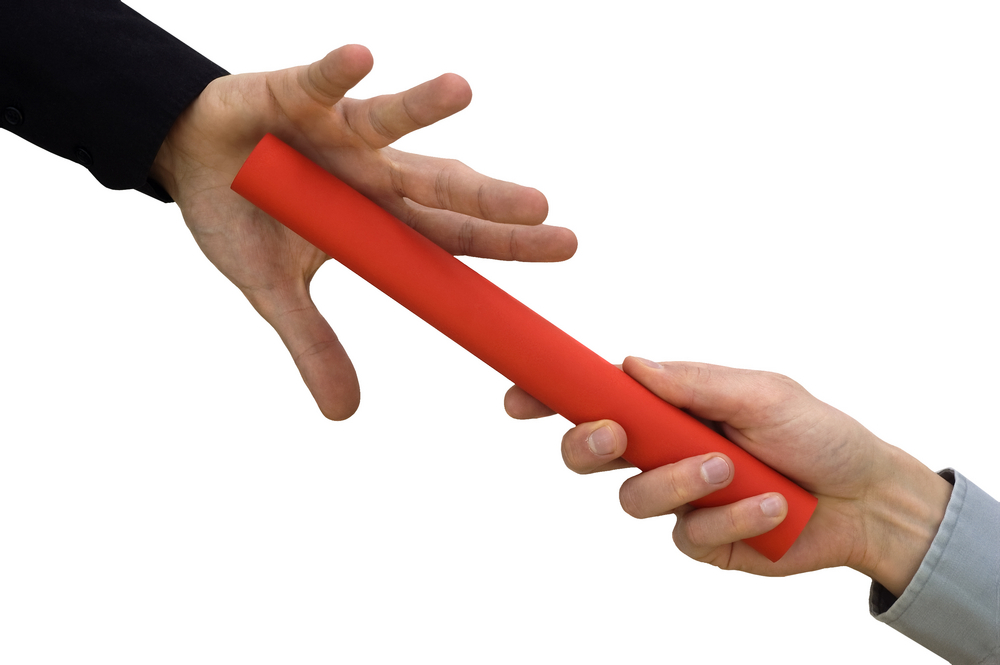
At CES 2013, Steve Ballmer officially ushers in the post-PC era
Steve Ballmer's surprise CES pre-show keynote appearance is shocking and full of symbolism. Ballmer goes from being star to minor player on one of the tech industry's most important stages. Stunned sums up my reaction, and I was sorry to see Microsoft's CEO there last night. The company officially pulled out of the Consumer Electronics Show this year, with Ballmer ceding the keynote he inherited from Bill Gates. Clean break would have been better than this.
I don't demean his time on stage, which actually livened a limping start. Qualcomm chief executive Paul Jacobs benefited from his keynote predecessor's Windows 8 presentation. My problem is Ballmer being there at all, for what his presence represents -- and there are a couple overlapping ways to read it.
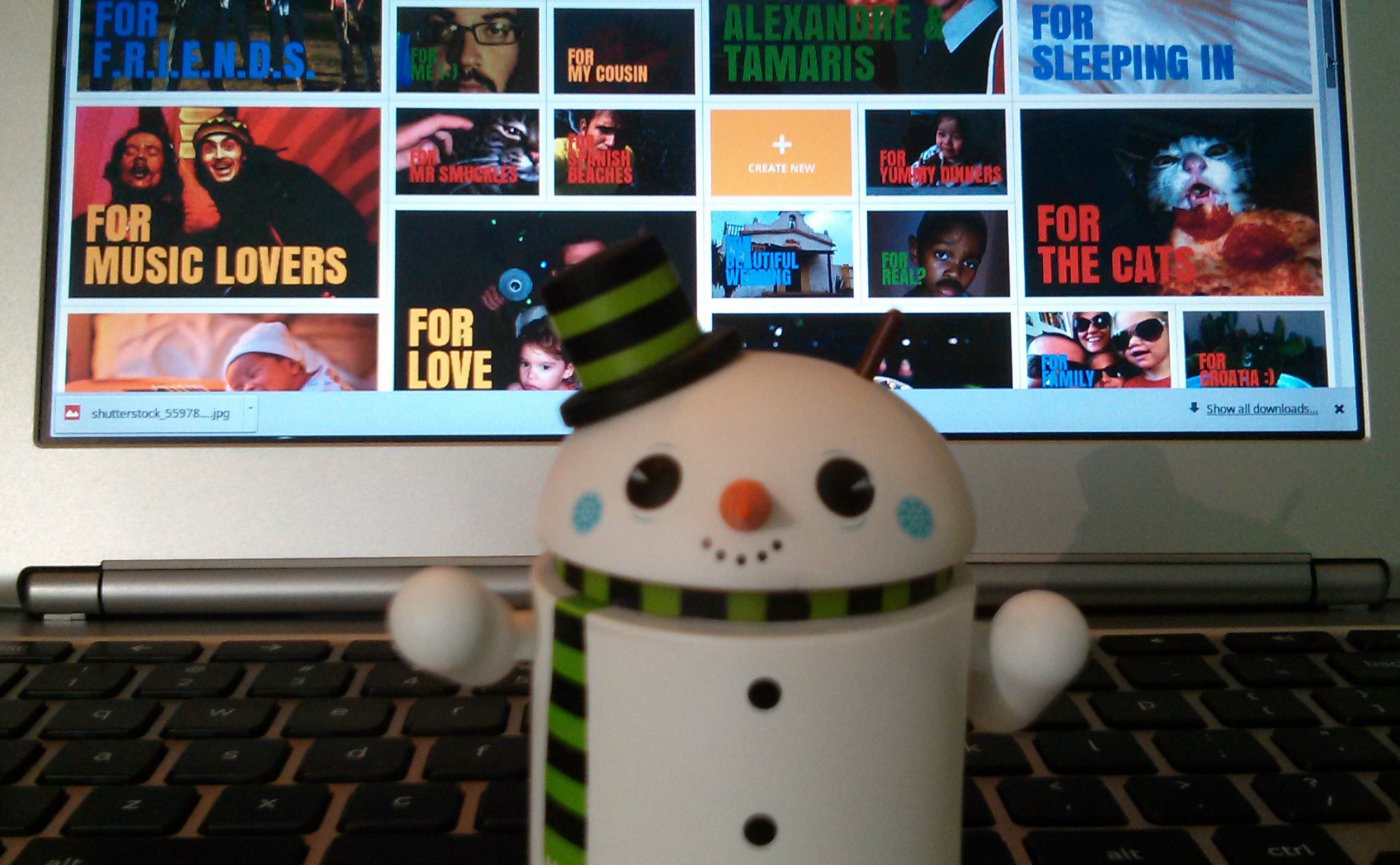
My tech life completely changed in 2012
I join colleagues Mihaita Bamburic, Alan Buckingham and Wayne Williams recounting what tech I used in 2012. But unlike them, I made dramatic platform changes, more significant than first using Windows over New Years holiday 1994, buying a reburbished PowerBook in February 1999, adopting Facebook and Twitter in 2006 or purchasing Nexus One in January 2010. Each of these marked major platform changes -- and some not always lasting. Consider this: in early 2012, I owned a 1.8GHz Intel Core i7 MacBook Air, iPhone 4S and iPad 3. I end the year using Chromebook and Android smartphone and tablets.
During the year I moved from OS X and Windows running on Intel to an ARM-and-Chrome OS laptop, and after several failed attempts at adopting tablets (three generations of iPads, really), I embraced not one but two Android slates. I store all my data in the cloud -- local storage is now merely a way station between destinations rather than personal repository. This old dog is learning new tricks, and if I make such dramatic platform changes what does that mean for younger users who are more flexible and not as financially or habitually Apple/Microsoft/Intel committed? Look around, the PC era rapidly evaporates around you and its disappearance will be difficult to ignore in 2013.
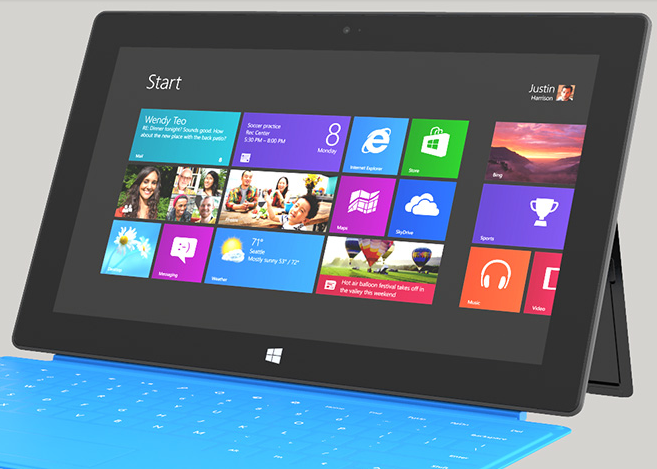
An iPad lover’s review of Microsoft Surface -- you know what’s coming, right?
Arriving far too late to influence any gift buying for Christmas, here’s my review of Surface with Windows RT. The tardiness of the review isn’t really my fault. Microsoft only put its device in proper shops in the UK last Friday, and I wanted to include the shopping experience as part of the article (even though I didn’t actually spend my own money -- a friend purchased the tablet I’m reviewing).
Before we get into the review, I need to preface it by saying the following: I love Apple’s iPad. I bought an iPad 2 as soon as it was released and replaced it with the new 4th gen model a month or so ago. And even though I use Windows 8 daily, I really don’t like the new OS all that much. So, inevitably, I’m going to hate Surface, right? Absolutely loath it. Well, that’s what I thought. But surprisingly I like it. I like it a lot.

Red Hat acquires ManageIQ
Concurrent with third-quarter earning results late this afternoon, Red Hat announced plans to acquire ManageIQ, an enterprise cloud provider. The all-cash deal is for $104 million. Red Hat is uniquely positioned, opportunity and risk, for enterprise server consolidation and transition to private clouds -- for which virtualization is a linchpin technology. The Raleigh, N.C.-based company plans to expand its own capabilities by fitting ManageIQ's monitoring and management tools onto existing solutions.
Red Hat's acquisition rides the cusp of a trend. Last month, IDC forecast big cloud-related mergers for 2013 -- totaling $25 billion over 20 months. The analyst firm sees three converging trends vertically related. "The IT industry as a whole is moving toward the mobile/social/cloud/big data world of the 3rd Platform much more quickly than many realize: from 2013 through 2020, these technologies will drive around 90 percent of all the growth in the IT market," Frank Gens, IDC chief analyst, says. "Companies that are not putting 80 percent or more of their competitive energy into this new market will be trapped in the legacy portion of the market, growing even slower than global GDP.
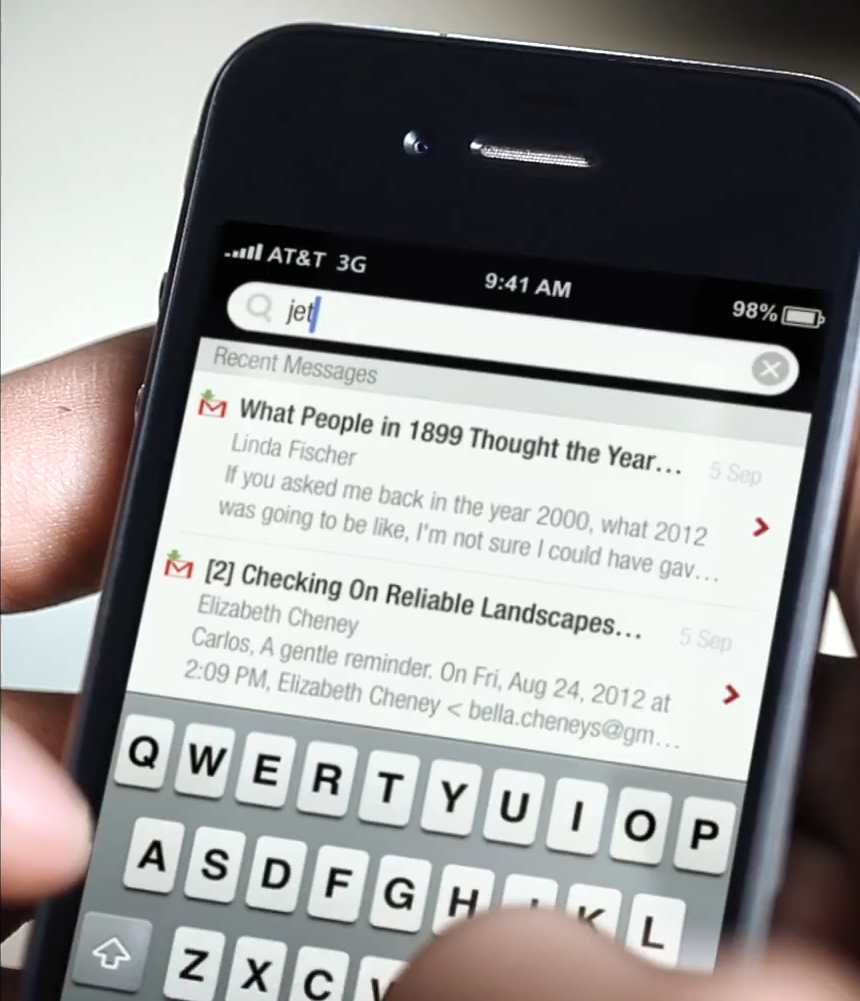
CloudMagic wants to be the gateway for all your personal data [Q&A]
CloudMagic is a superb search tool that sadly doesn’t get the attention it fully deserves. If you’ve ever complained about how long it takes Google to find a certain message in Gmail, or have wasted far too much time trying to track down a particular tweet or Facebook status update, this is the solution you need (full disclosure: I’m a massive fan and couldn’t imagine life without it).
I spoke to co-founder Rohit Nadhani about his product, how it began, and the company’s plans for the future.
BN: For the benefit of readers who may not be familiar with CloudMagic, can you tell us a bit about it?
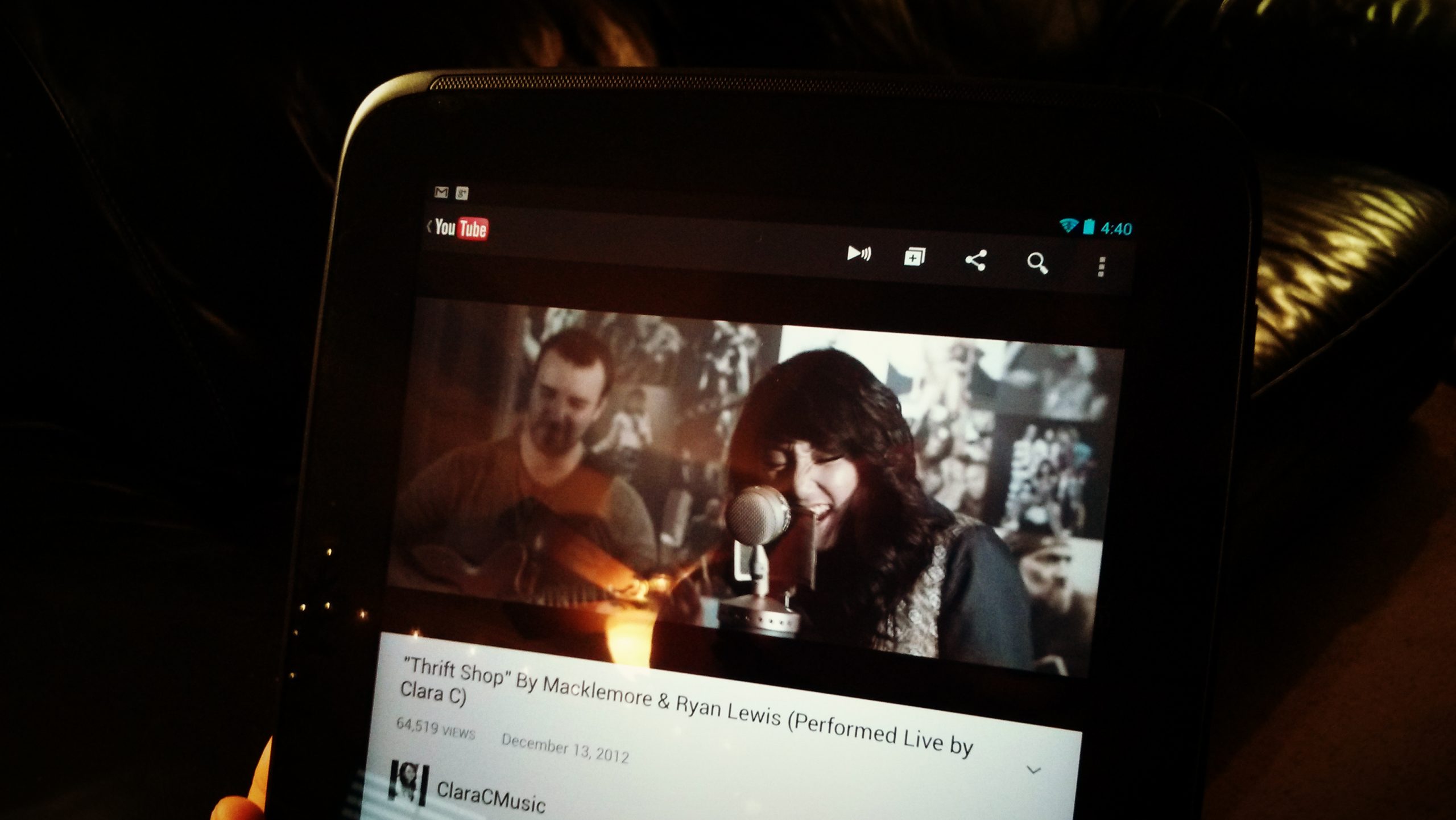
Google Nexus 10 first-impressions review
A month has passed since I started using Nexus 10, Google's first 10.1-inch tablet, which Samsung manufactures. iPad is reason for the delay writing this review. I bought the first three generation models and sold each within two months. The appeal didn't last, in part because of the user interface's long-term limited utility. So Nexus 10 faced resistance before I opened the box and for another, compelling reason: I was (and still am) hugely satisfied with sibling Nexus 7, which form factor and feel in the hand hugely appeal. After a month of testing, just to make sure, I don't plan on selling the larger tablet; its immediate fate won't be that of iPad 1, 2 or 3.
I definitely recommend Nexus 10 to anyone considering a tablet this year in the $400-$500 range. Nexus 7 ($200-$300) is a better option for the budget conscious -- or even Kindle Fire HD ($300-$600). I don't recommend iPad 4 or mini. They cost too much ($329-$829) for the benefits, and iOS has fallen behind Google and Microsoft operating systems. My experience with Surface RT is limited, but the tablet makes a great first impression such that it's worth considering -- and easily over Apple's larger tablet.

24 Google+ improvements are bigger than you think
If you're a heavy Google user, every day is like Christmas -- well, in 2012. Not a day goes by that the company doesn't release something new. Updates are relentless, with products in continual states of improvement. Today's touted 18 24 Google+ enhancements are examples. Editor's note: Hours after we posted, Google changed the number from 18 to 24. The approach is philosophical and corporate cultural and defies traditional software development cycles Apple, IBM, Microsoft, Oracle and others adopted long ago. The relentless releases is for stuff Google mostly gives away for free. Now why is that?
Years ago, I wrote several seething stories about perpetual Google betas (Gmail was 5 years, right?) and Microsoft somewhat mimicking the approach. (I can't find the stories this morning. If you can, please link in comments.) The search giant's work was never done, while competitors rolled major enhancements together made available all at once on long lead cycles (Hey, three years separate Windows 7 and 8 launches). Microsoft chooses the big blockbuster movie approach, which predicates a work largely done -- a story completely told. Google is the serialist, telling an ongoing story in a quick succession of releases. Which works better? You tell me.

Intel will go from being Microsoft’s bitch to being Apple’s?
Just weeks after I wrote a column saying Apple will dump Intel and make Macintosh computers with its own ARM-based processors, along comes a Wall Street analyst saying no, Intel will take over from Samsung making the Apple-designed iPhone and iPod chips and Apple will even switch to x86 silicon for future iPads. Well, who is correct?
Maybe both, maybe neither, but here’s what I think is happening.
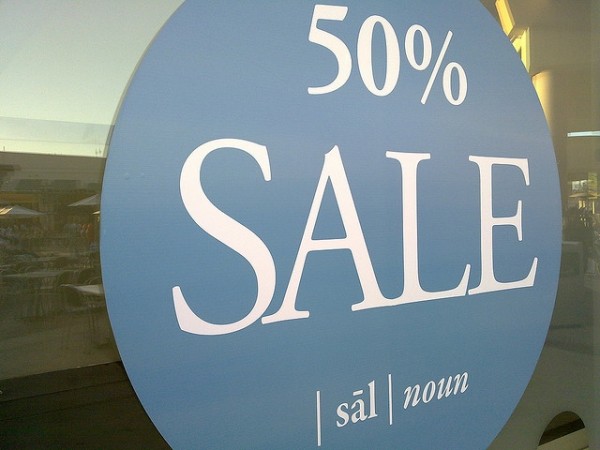
Americans shift shopping to smartphones and tablets
US consumers love to use cloud-connected mobile devices to enhance their shopping experience -- surely something more than a few of you do now that holidays are here. Perhaps least surprising is the number of Americans using smartphones to find local stores -- 78 percent, says Nielsen. That's good news for Google Now, standard browser search services or even Apple's Siri. Sixty-three percent of shoppers check prices in the store. Hey, I do that all the time. Place orders, too. Can you say Amazon?
More Americans use tablets to research items than smartphones (68 percent to 61 percent) or to read reviews of recent or future purchases (53 percent to 45 percent). Forty-eight percent of tablet owners purchase digital items and 43 percent physical goods from their devices. Mea culpa, I do both.
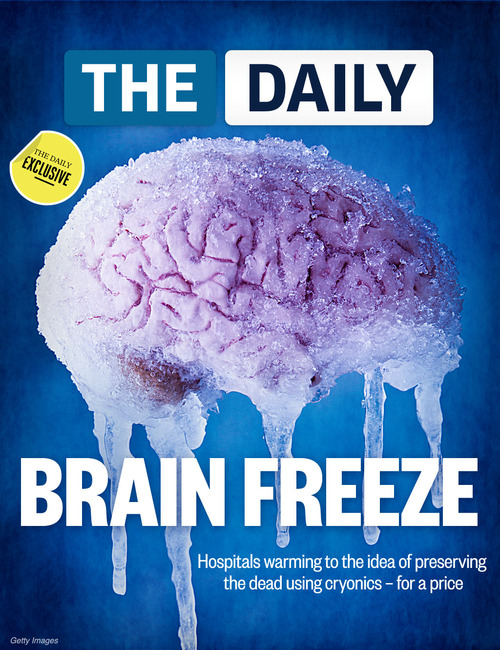
The Daily is Dead -- thank you, Rupert Murdoch
The iPad's flagship newspaper is finished. Today News Corp. promised what some of us in the media long hoped for. Big boss Rupert Murdoch will take The Daily out back of the barn and shoot it in the head on December 15, putting the godawful digital rag, its editors and the few readers out of their misery. Thus ends the iPad's big, publishing experiment. In ruins.
What a mess it is, too. News Corp. spent $30 million just to launch The Daily, which debuted in February 2011 on iPad. Apple joined the revelry that made the then less-than-year-old device seemingly legitimate -- a truly compelling platform for digital publishing. But News Corp's. digital newspaper stumbled right at the start. Early users complained about constant crashes and slow updates. The Daily promised ongoing content updates to the app, but they proved to be too much -- even after new versions released. Fundamentally, however, The Daily's failure is about editorial content.

Eight things Microsoft should be thankful for in 2012
Another Thanksgiving arrives here in the United States, and some people consider what they have to be grateful for. I celebrate by talking turkey, not just eating it, about the companies I cover. It's tradition, going back to 2006, that I present the things Microsoft should be grateful for.
Last year, 11 items made the list, keeping with the 2011 theme. For 2012, I reduce the list to eight; my hat tip of respect to Windows 8, which launched nearly a month ago. There are many more things Microsoft could be grateful for, but I chose some that might not readily come to mind. The list goes from least to most important.
